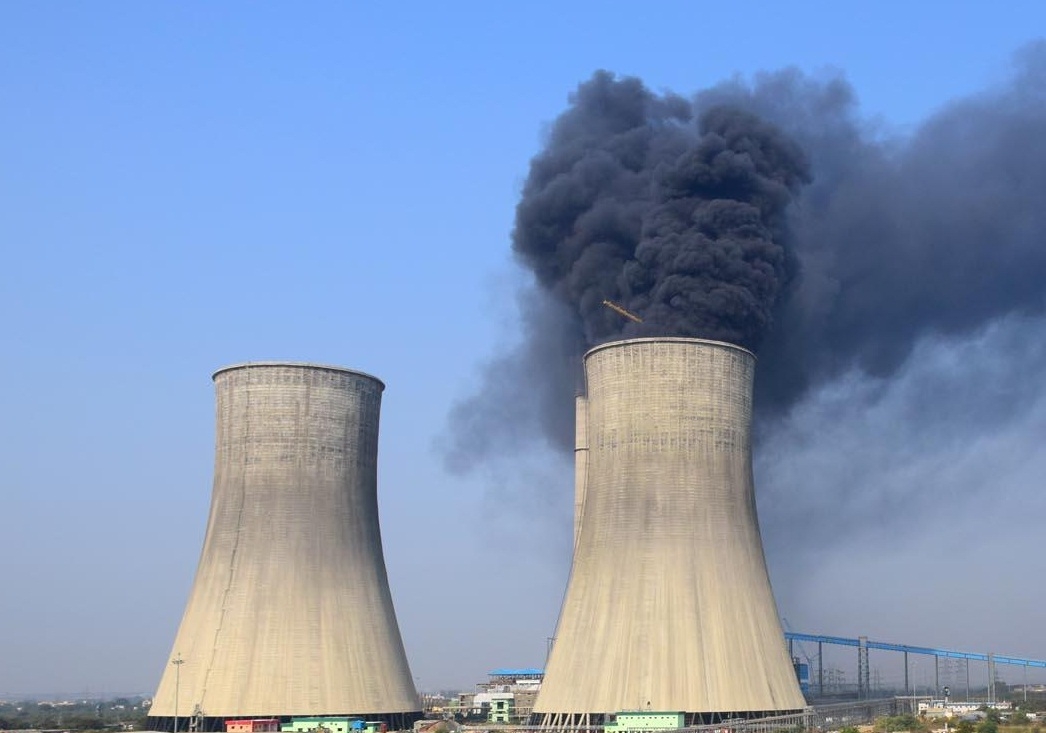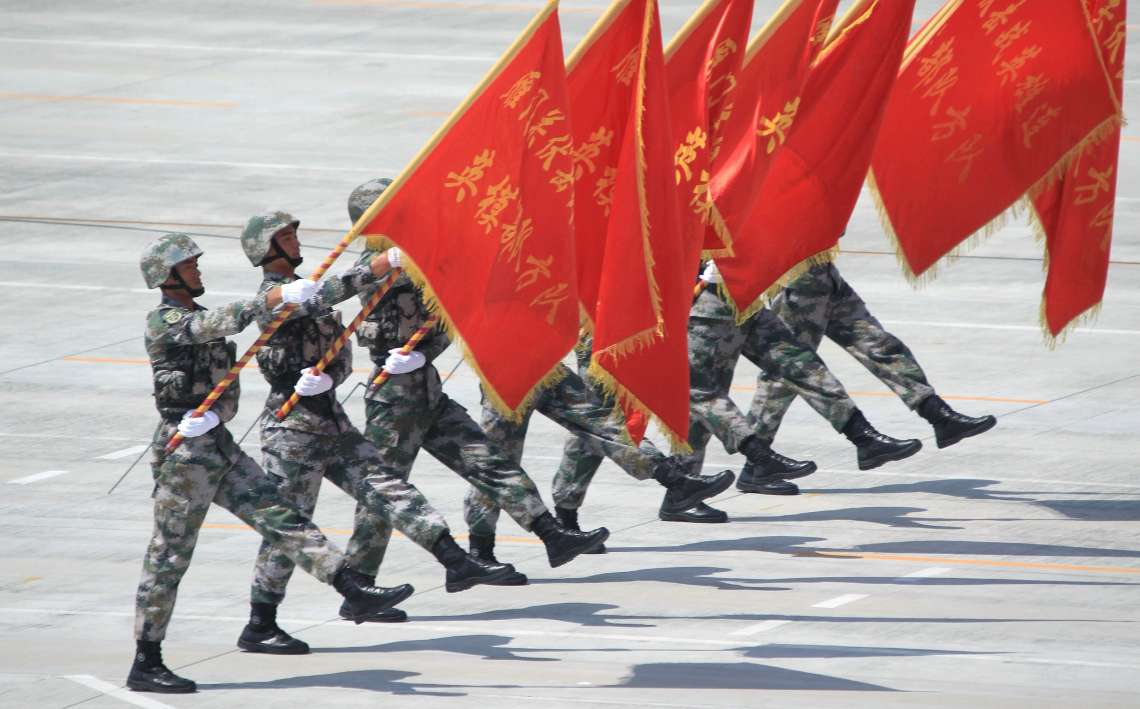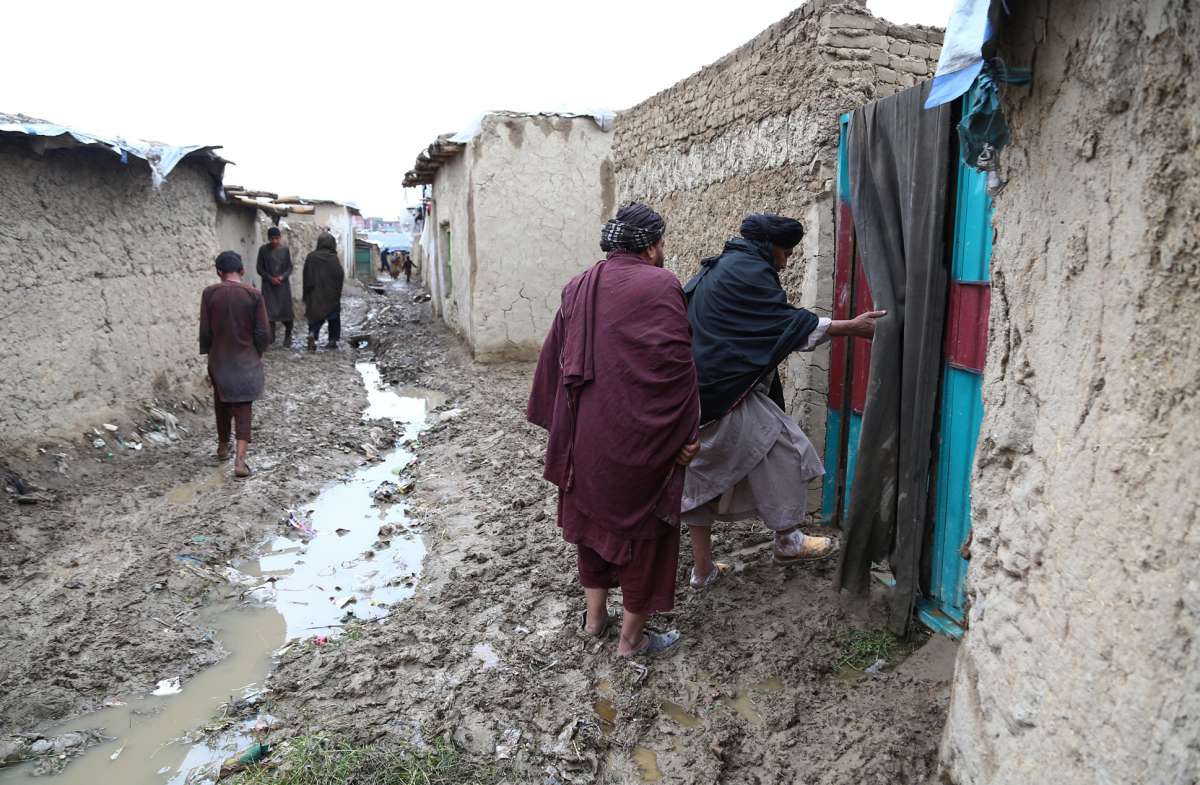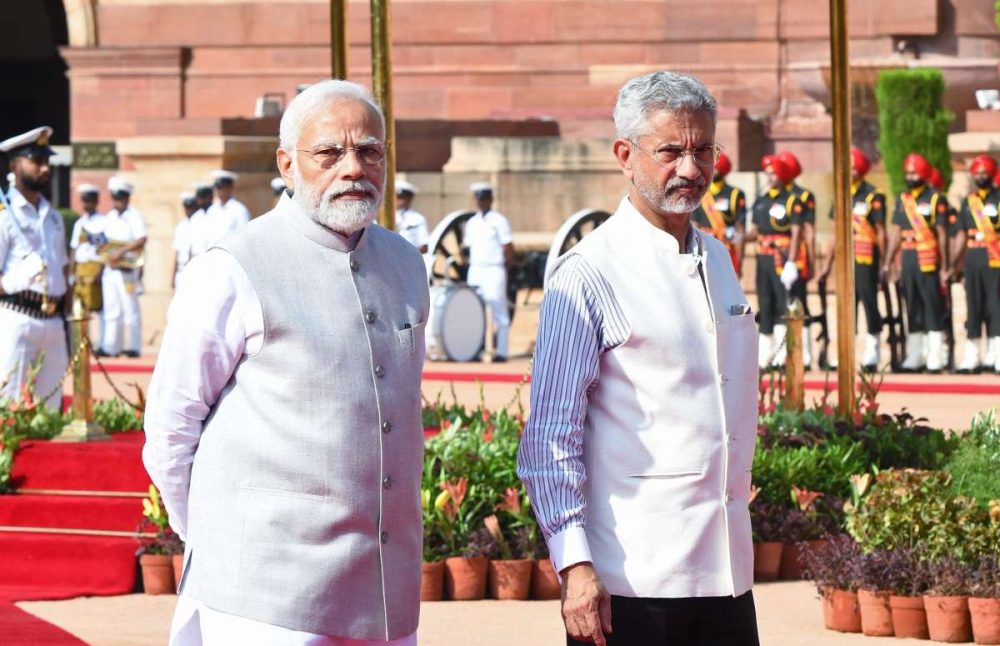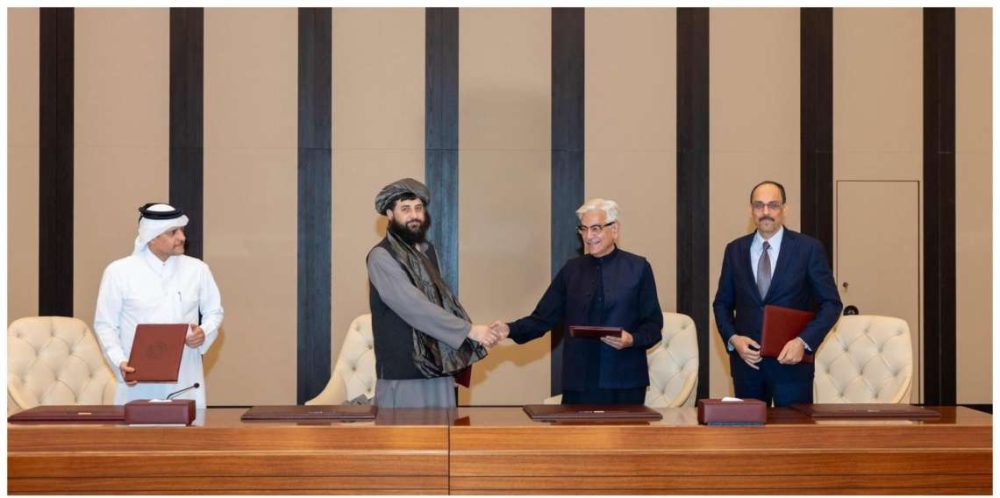In addition to Hambantota port, China has invested in hydropower projects and building coal power plants in Norochcholai…reports Asian Lite News
Owing to its location in the Indian Ocean, Sri Lanka has long been seen as a strategically significant nation by China. For this reason, Beijing has actively boosted its presence and influence in Sri Lanka over the years, especially in the energy industry, Daily Mirror Online reported.
Daily Mirror Online is Sri Lanka’s 24 Hours Online Breaking News portal. The energy industry in Sri Lanka has grown quickly in recent years. To diversify its energy mix, lessen reliance on imported fossil fuels, and shift towards more renewable energy sources, the nation has been working on a number of initiatives.
Around 70 per cent of the energy utilised in Sri Lanka comes from hydroelectricity, which serves as the country’s primary energy source. The government has been investing heavily in this industry with ambitions to expand water storage and boost productivity. Additionally, the government has supported the growth of wind and solar energy, Daily Mirror Online reported.
Moreover, small-scale biomass production, primarily through the use of coconut husks, is also increasing.
The construction of the Hambantota Port made China’s interest in Sri Lanka’s energy sector clear. The Sri Lankan government started this deep-sea port project, but due to financial issues, it had to be leased to China in 2017 for a 99-year period. Although this action was hailed as a chance to resuscitate the faltering port, experts expressed their concerns, arguing that the lease seriously jeopardises Sri Lanka’s sovereignty and security.
China has made significant investments in Sri Lanka’s energy infrastructure in addition to the port. This involves investing in hydropower projects and building coal power plants in Norochcholai, Daily Mirror Online reported.
The aggressive lending practices of China, also known as “debt trap diplomacy,” have caused worry throughout the world. No country is exempt from this, and studies indicate that China is a major source of debt for Sri Lanka. Due to the possibility of losing control over strategically vital assets, such as energy infrastructure, this debt puts Sri Lanka’s economy in danger.
Furthermore, allegations of corruption and a lack of openness have clouded Chinese investments in Sri Lanka.
According to Daily Mirror Online, the aggressive lending practices of China, also known as “debt trap diplomacy,” have caused worry throughout the world. No country is exempt from this, and studies indicate that China is a major source of debt for Sri Lanka.
Chinese investments may initially appear lucrative and advantageous for Sri Lanka’s economic development, but there are rising worries that they compromise Sri Lanka’s sovereignty and security.
Debt restructuring unlikely
China’s Vice Minister of Foreign Affairs, Sun Weidong, recently visited Sri Lanka and held a meeting with Sri Lankan President, Ranil Wickremesinghe, Sri Lanka-based Mawrata News reported. However, there was no mention of debt restructuring in the official announcements issued after the meeting between the two leaders.
The official statement released after the meeting only mentioned that China will give maximum support to Sri Lanka to recover from the economic crisis. China’s Vice Minister of Foreign Affairs invited him to China for a conference on China’s belt and road initiative, as per the news report. Ranil Wickremesinghe might be trying to go to China to discuss debt restructuring. This time, Wickremesinghe will request for the restructuring of the Chinese debt. However, China’s stance of 2014 is unlikely to witness a change in 2023, Upul Joseph Fernando wrote in the Mawrata News report. China is playing a game of ‘Hide and Seek’ on Sri Lanka’s debt restructuring, the report said further. (ANI)
ALSO READ-China’s investors assess opportunities in Wardak province


